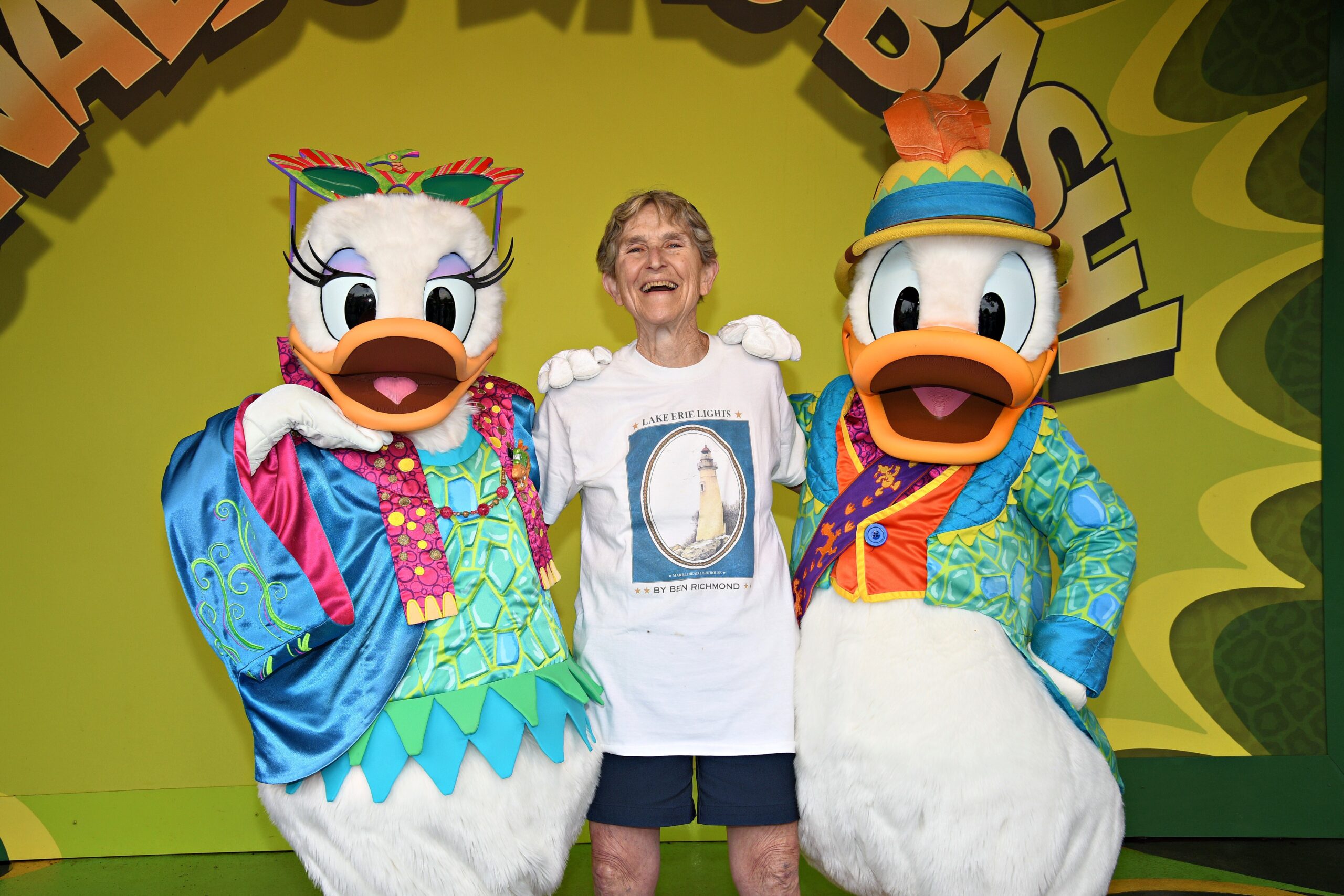Ravenna – It’s a horse of course. Or is it a course with a horse?
Every girl dreams of having her own pony to ride, to spend time with and share a friendship. Karen Downie, owner of Equi-Steps an equine assisted learning program, is the epitome of that wide-eyed little girl all grown up using her passion to help others lead more fulfilling lives. She has been riding since the first grade and has a deep love for these magnificent creatures that can be so beneficial.
“My sister, Sharon and I were relentless in asking our parents for a horse,” she said fondly recalling her first love, a pony named Checkers. It is this determined spirit which led Karen to turn a hobby into a calling. She looked for a way to combine her philanthropic spirit with a practical application. “This is something I dreamed my whole life of doing. I always wanted to help people with horses. I just didn’t know exactly what that was going to look like.”
In March 1999 Karen followed a pharmaceutical job from Pennsylvania to northeast Ohio. She and husband Chris Schoch settled in Ravenna township where their farm is situated. A few years after relocating she started thinking about pursuing a degree in social work, but found it was not financially practical. “My sister told me about Equine Assisted Learning which was a way to use horses and not be a therapist,” she said. EAL can help anyone looking to develop or enhance life skills. Examples would be people with depression, anxiety, PTSD, or seeking leadership, self-confidence, negotiation, or communications skills.
After researching various programs Karen found a training center in London, Canada, which was a satellite of Equine Connection out of Calgary, to certify her as an EAL facilitator. In 2017 she attended the Equine Connection training for a 6-day intensive certification seminar followed by the six-month online portion.
“Even after having horses for 40 years there’s still so much I didn’t know. Their behavior and psychology– it was very in-depth.” An example of the training is being taught facilitation, asking certain types of questions so the participant must think of the answer themselves.
Equine Connection uses a building block program developed by Tamara McKinnon and studied at the University of Saskatchewan. “So, with my pharmaceutical background, I don’t like someone saying, ‘This will help you’ unless there is proof of it,” she explained with confidence in the methodology. “This has all been proven. All the curricula are studied, researched and tested. They provide continuity and consistency within the lessons that are taught.”
“It’s not just good for people. It’s good for horses too,” she said. Older horses can’t compete or give rides anymore, but they can find a new purpose as an EAL horse.
All work with the horse is done from the ground there is no riding involved. Participants learn about empathy how to trust and be trustworthy. The lessons build off each other starting with safety and interactions. “We all recognize the importance of having good relationships and that’s where horses come in because they have to function in a herd so they can teach you a lot about getting along with others.”
Having dealt with her own emotional issues and cultivating coping skills outside of traditional therapy Karen has found EAL to be “a unique and engaging way of learning” to grow as a person. “The horse is the teacher you are just facilitating the process,” she said while petting the mane of 16-year-old Dream Chaser, a Tri-color Paint Spotted Saddle horse.
Primarily focusing on women, children and veterans, there have been challenges with groups unable to find transportation or affording the course. Karen expanded into corporate team building to subsidize the costs for those with financial issues. Ten percent of program fees are donated to subsidize community outreach, making her services available to most. This type of programming can be offered, for example, to those fostering children “because family dynamics are changing all the time.”
While working full-time, Karen utilized her 6-acres and barn to create Equi-Steps. Originally, it was just an empty pole barn, but she added stalls, a hayloft, arena, fencing and posts, various out-buildings, an obstacle shed, rubber mats on the whole floor inside the barn for indoor classes when weather is bad. “I have over 30 different courses I can teach and each one has a specific objective associated with it,” she said while pointing to the orientation board in the classroom.
Karen will guide students through the sessions, close with a debrief covering the objective and parallels it back to real life, helping the lesson become ingrained in the memory. Class size is limited to eight, ensuring safety and one-on-one attention. Part of the sessions include working with horses in the outdoor arena and the obstacle course. Most people struggle with communication, she said. “Well if you’re trying to get a 1000-pound animal to do obstacles and neither one of you knows anything about horses you’re going to have to communicate to get the job done,” she said with a mischievous smile.
“Moving Forward with Horses” is the theme Karen keeps in mind when sharing how adaptability and respect are life skills a student can gain from working with horses. If you are looking to take a step in the right direction information can be found at https://www.equi-steps.com/ or by emailing EquiSteps@gmail.com.

















